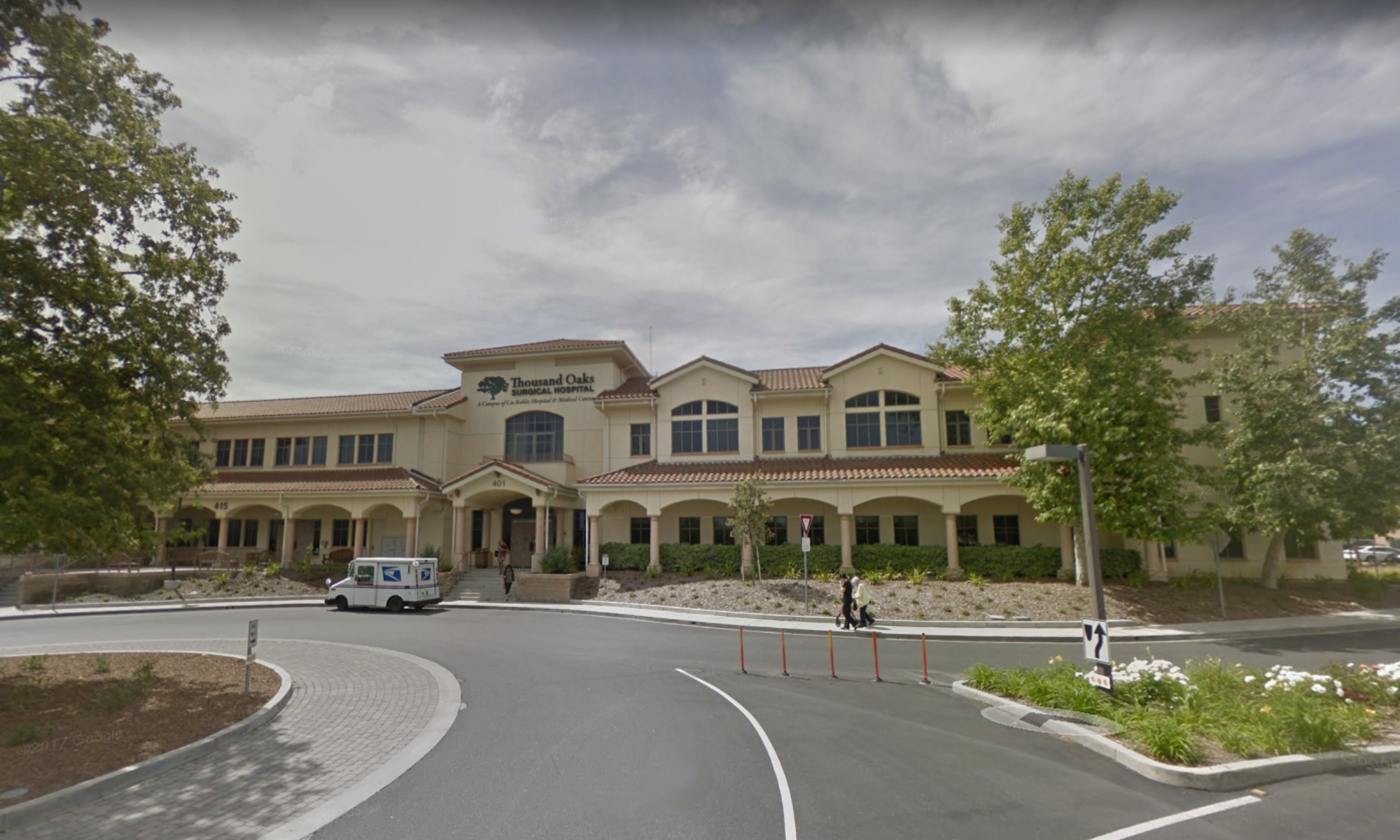We read an article recently on what tenants should not be missing in their leases. This brought us back to one of our previous blogs, “Commercial Leasing: Hidden Tenant Costs That Tenants Shouldn’t Pay” that stresses the importance of having a good broker who understands these items and can negotiate them on the tenant’s behalf. This new article, from Retail Real Estate Law, talks about why landlords should be “elephants” in the lease drafting process.
The article is encouraging landlords to save money and headaches by creating versions of the lease provisions in a more favorable way by facing reality and starting with a complete lease form. It’s another example though of why tenants have to be careful of what they could be missing in their leases. It’s also another example of the importance of having a good broker to negotiate these lease terms for you.
From our previous blog on the topic:
“When leasing commercial real estate space of any type, there are many ways for landlords to hide extra costs from tenants that tenants are usually not aware of. […] If tenants aren’t careful to use a broker that understands the operating expense share, this cost to the tenant can be quite large during the lease term. Many times this costs starts out low and then later on in the lease gets quite high. It is best, in my opinion, to negotiate an overall annual cap and also have a list of expense exclusions that aren’t reasonable for a landlord to include as part of the tenant’s share. […]Measuring the building is another area where landlords can pad the numbers that will result in a higher rent to the tenant without a tenant even knowing it’s happening and this happens most commonly in office buildings.”
Retail Real Estate Law’s article adds to these thoughts:
“We suggest the following. These items are going to be added to any decent, important lease. Why not pay once to have them included in the lease instead of paying, each and every time a lease is negotiated? And, deny it as people may, the person whose lease form is used controls the outcome. When a provision is not in the form lease and everyone knows that it will wind up there before execution, why should the landlord (who invested) in a lease form in the first place, cede control over the “missing” provisions to the tenant. After all, if the lease is missing something that’s going to be in there at the end of the day, the tenant will supply the initial draft and thereby control the negotiation.”
If you want to learn more about your specific situation and why a good broker will be the difference for you, contact David Massie at DJM Commercial at 805-217-0791 or david@djmcre.com – we can help! For more details from Retail Real Estate law, read the full article here.




